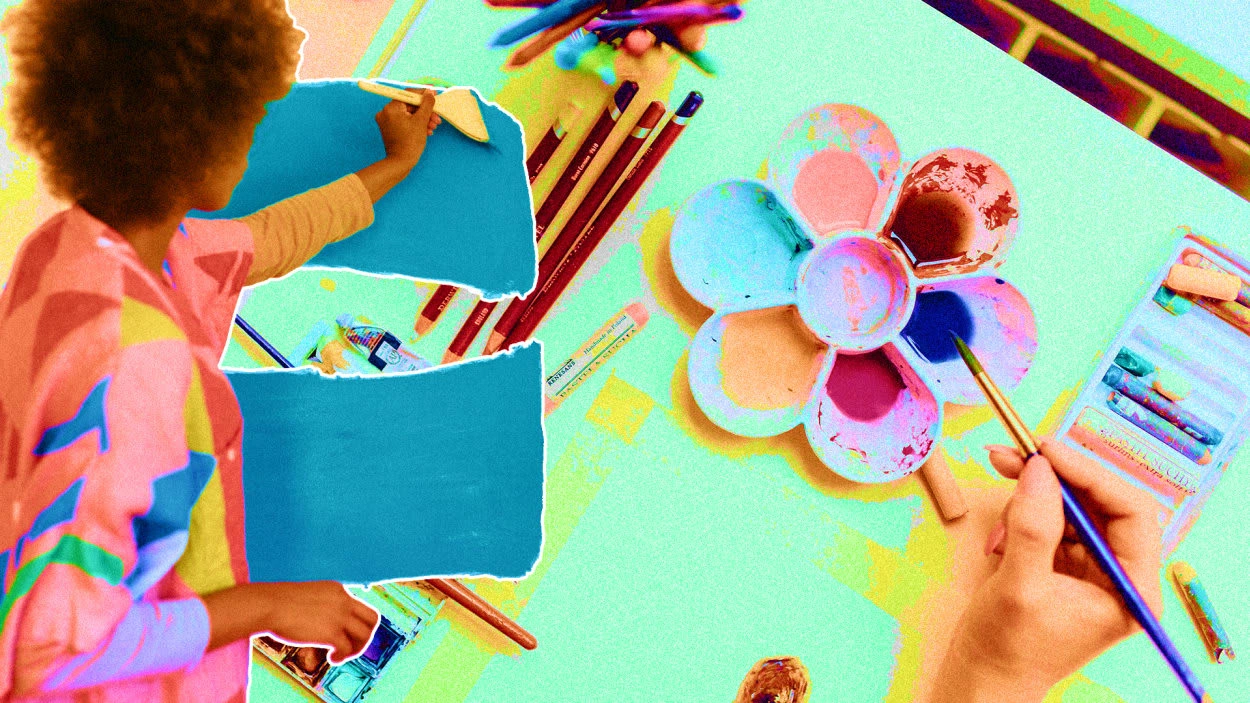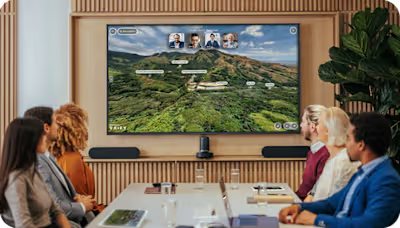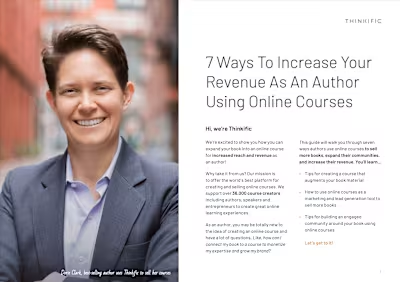Media Byline: Why creativity is the top skill you need

Published on Fast Company.
AI is a growing force. Between face recognition tech securing our devices, algorithms driving us to spend hours scrolling social feeds, and armies of autonomous robots managing our supply chains, it’s not hard to see the lightning pace of innovation being set.
But beyond the thrill of seeing the new, shiny, and efficient, there’s a very serious question to ask: How many of us is AI coming for?
A two-year study from McKinsey suggests that by 2030, AI and machine learning-enabled tech could replace up to 30% of the world’s total workforce. Much of this is due to repetitive jobs being automated, but it will inevitably affect knowledge workers as well. For the swaths of students and working professionals trying to navigate their careers, this presents a legitimate challenge.
In the inevitable headspin-dilemma that many young—and of course a fair few older—people face in trying to set their career on a path that connects their talents, passions, and some kind of commercial viability, there’s an increasing need to be aware of what will have us standing the test of time, and not being swept away by a technological tsunami. What skills stand firm?
The World Economic Forum’s Future of Jobs Report pegged creativity and innovation as the most valuable skills people will need to stay relevant in the workforce and thrive over the next five years of accelerating change. As a leader of an art and design university that has been empowering creativity for over 100 years, I, perhaps unsurprisingly, agree.
My faculty and I have had the unique opportunity to reflect on a century’s worth of student stories and life paths altered by technological change and advancement. One common theme I’ve observed is that no matter what technology comes and goes, developing a strong creative skill set has remained a safe haven when it comes to maintaining longevity in a career.
Foster creativity, your lifeblood for progress
According to LinkedIn, there are over 50,000 different professional skills people can master. At the top of that list? Creativity. An IBM study of 1,500 executives ranked the ability to be creative as their most desirable skill—even above management skills, integrity, and vision.
Creativity is the literal birthplace of innovation. A creative mind is one designed to look at complex problems and come up with non-linear solutions; solutions that other, more linear thinkers—or alas, AIs— would not necessarily have the mental dexterity to imagine.
Having a mind trained to think creatively can also help in the navigation of non-linear career paths, something we’ve seen a lot of among our students. As an example of this, one of our students, having graduated with an arts degree and gone on to work on a series of blockbuster films, decided to swerve across multiple career lanes and pursue nursing. To this day, she attributes the creative thinking abilities she acquired through her art degree as key skills she relies on in her new role as a nurse. Being able to communicate ideas and think on her feet are, for her, as fundamental to being a great nurse as they are to making great movies.
Learning creative skills isn’t only for those pursuing artistic careers. There’s a reason business leaders take improv classes. Politicians and executives alike turn to improv and the creative arts to hone their ability to operate in the unknown—to think actively and get comfortable “breathing underwater.”
Getting comfortable expecting the unexpected
As I see it, the value of developing and honing creative skills will only increase as we move closer to an automated, data-driven future.
While technology isn’t yet lurking at every vocational door, the reality is that in a relatively short space of time, its wave will likely engulf far more than simply menial, repetitive, and labor-intensive tasks.
In the art world, AI tools like DALL·E 2 can already mimic and extend artwork previously created by other painters and visual artists. Entire ad campaigns for global brands like Kraft Heinz have been built around AI-generated artwork. While this might cause panic, the reality is that the tech can only go so far.
Almost inevitably, rather than being obliterated by it, many people will increasingly partner with technology—both knowingly and unknowingly—as it continues to evolve and add layers of all-but-invisible assistance, security, and oversight within our daily work lives.
The roles that’ll remain firmly in people’s hands? Those that require strategic thinking, creative thinking, and also those that can’t do without an empathetic human touch.
My view?
However drastically technology continues to redefine our roles and reshape our future, the need for creativity will stand. Whether to provide innovation or inspiration, our most human of human qualities will remain our most valuable asset in many years to come, so better make sure you stay creative.
Dr. Elisa Stephens is the president of the Academy of Art University in San Francisco.
Like this project
Posted Sep 4, 2023
Ghostwrote an article on behalf of a client, which landed in Fast Company, sharing their thoughts on the future of jobs and why creativity is a critical skill.
Likes
0
Views
19





